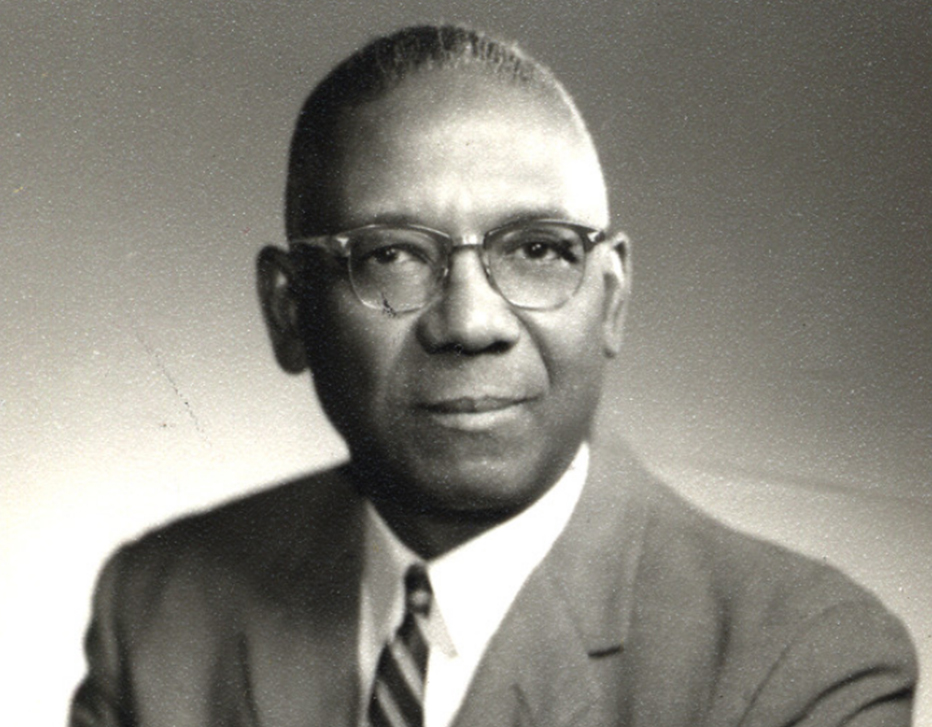
Up From Poverty
Clarence Norris was a proud University of Michigan alumnus who dedicated his life to teaching and to administering historically Black community colleges in Texas.
Clarence Windzell Norris was a proud University of Michigan alumnus who dedicated his life to teaching and to administering historically Black community colleges in Texas. In this self-published autobiography, he recounts his rise from near poverty as a child through attending college and, eventually, earning a Ph.D. while dedicating his life to education.
Born in Houston in 1903, Norris was one of five siblings who survived infancy and grew up in a family just staving off poverty. Finding work as the city’s first Black paperboy helped him earn the funds to attend college, and he chose the University of Michigan “from the study of the catalogs of about 20 colleges.”
Arriving in Ann Arbor by stowing away on a train, Norris treasured his time at Michigan and describes his experiences in detail, including joining the Negro-Caucasian Club, trying out for the football team, and becoming a member of Alpha Kappa Psi. After graduating in 1927, he returned to Texas, where he began teaching at small Bishop College, which initially had an integrated faculty but became a segregated Blacks-only school shortly after he joined the faculty. He returned to Ann Arbor to receive his master’s in sociology in 1930, but the Great Depression decade was difficult. He bounced between jobs before being hired as assistant dean and professor of education at St. Philip’s College, a junior college for African Americans in San Antonio, in 1943.
He would spend the next 31 years there, helping guide the school through turbulent decades and the end of legal segregation. During this period, he also earned a Ph.D. from the University of Southern California and cheered for “the victors” numerous times in the Rose Bowl. He taught his last class in 1974, and in gratitude for his efforts to the school, the new technical education center at St. Philip’s was named after him.